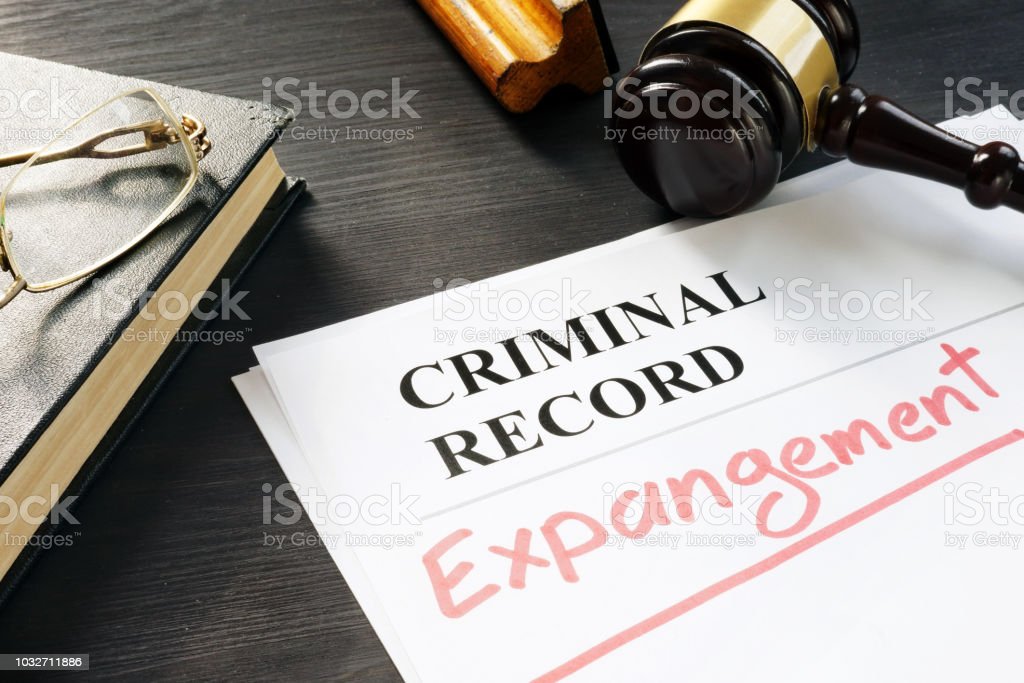Does an expunged record show up?
Who can see Expunged Records? People who have successfully had their records expunged or those who are thinking about doing so frequently ask this question. The general public can not access expunged records. But does that not mean that expunged records become non-existent? Of course, landlords and most employers won’t be able to see your expunged records. However, the different state laws specify certain people who can still see the record. We shall detail the list of these people in this article.
What goes to your record:
In our previous articles, we detailed certain points that go to your record. We showed that in most states, a DUI will often remain in your driving record for five to ten years. You can even have a DUI on your driving record for the rest of your life, depending on where you reside. A DUI leaves a blemish on your criminal record in addition to your driving record.
Also, felony or misdemeanors convictions earn a place in your record. A felony conviction is often permanent on a person’s criminal record and the only method to get rid of it is to have it erased as we have specified in our previous article.
Benefit of expunged records:
A DUI leaves a blemish on a person’s criminal record in addition to their driving record. Aside from severe penalties and prison time, a criminal record may affect one’s immigration status, credit score, employment, or housing opportunities.
Expunging a person’s record paves way for the following;
- No requirement to declare a conviction on a job application,
- having the ability to obtain professional licenses or certifications that need a clean criminal record,
- joining professional groups that ban someone with a criminal record from membership,
- eligibility for government grants or money, such as scholarships
- Your credibility not ordinarily questioned in court, and
- a lack of bias from neighbors and community members
What does expungement mean:
To expunge a criminal record is the removal of a criminal charge or conviction from a person’s criminal record. Expungement procedure has the potential to conceal a conviction from public access.
Can records be expunged?
Each state provides a different procedure for expunging a criminal record. Many states consider the following issues to be justifications for allowing expungement:
- The record reflects an arrest rather than a conviction.
- At the time of the offense, the defendant was a minor.
- The crime occurred a long time ago,
- The infraction was minor, and
- The crime was neither violent nor a sex crime.
In California under the California Penal Code, it is possible to secure expungement of felony or misdemeanor convictions. Meeting the following conditions is necessary:
- The defendant successfully fulfilled his probation period for the offense, and
- either the defendant:
- did not serve any time in state prison as a result of the conviction, or
- served time in state prison but would have served it in county jail under Realignment Proposition 47.1
In Tennessee, a person can ask the court to expunge their records if they did not have a prior conviction. The procedure is available only after 5 years since the completion of the sentence. For drug crimes, a person must wait 10 years to expunge their record.
Many crimes in Tennessee are eligible for expungement, which includes some kinds of misdemeanors or specified crimes. To qualify for expungement, the accused must fulfill all the requirements of their sentence, including:
- Payment of all fines, restitution and court costs
- Completion of any term of imprisonment or probation
- Meeting all conditions of supervised and unsupervised release
- Remaining free from the dependency on alcohol or another substance (if required by the sentence)
In Oklohama, can apply for immediate expungement as regards misdemeanor cases, if fined only $500 or less. Persons who received a deferred sentence can seek an expungement after two years for a misdemeanor and five years for a felony.
However, some states do not allow felony convictions to be erased. One of these states is Florida. A criminal record can only be expunged in that state if it was for an arrest that did not result in criminal charges or an adjudication of guilt, such as a guilty plea.
Persons that can see expunged records:
Landlords and most employers would not see your expunged records. Police and other Law Enforcement agencies cannot see your expunged records.
Courts and Judges can bring up your full records, whether expunged or not where you are faced in the future with multiple charges. Courts considers records of previous convictions in determining sentencing upon conviction. Inevitably, the records will speak against you.
Can expunged records be used against you in court:
Prosecutors and defendant’s lawyers can also call up records of previous convictions of a defendant. It can also be brought up if you are just a witness testifying in court and not as a defendant. The essence is to use the record during cross-examination so as to impugn your character and cast doubt on the credibility of your testimony. But not to worry, the law provides strict guidelines for use of such evidence.
The following persons in the applicable States can access your record once you have another conviction in the future:
In Tennesee:
- The Clerk of the court
- The district attorney general
- The circuit or criminal court judge
- The defendant and their attorney.
Does expungement show up on background checks:
Expunged criminal records will not show in criminal background checks. In Minnesota however, the following employers can see your criminal record when you are applying for the corresponding public positions such as:
- Criminal justice agencies: court administrative jobs, positions with juvenile court or state prisons, police officer jobs
- Human service agencies : social work positions, probation officer positions, counselors
- Department of Education : working in a public school
If my record is expunged, can I answer no to questions of previous convictions:
As you can see, some persons and authorities like courts, Judges, Prosecutors and Lawyers and certain employers can bring up your records after you have successfully expunged them and when circumstances arise. Aside those, no other persons can have access to them.
There is assurance of a second chance at a clean record. A person who gets his records expunged can truthfully say “no” when asked whether the person have been convicted of a crime before.



